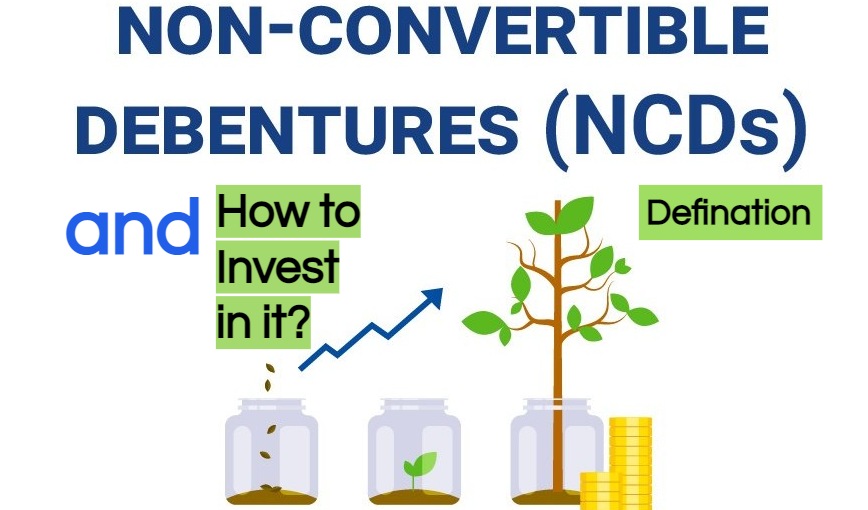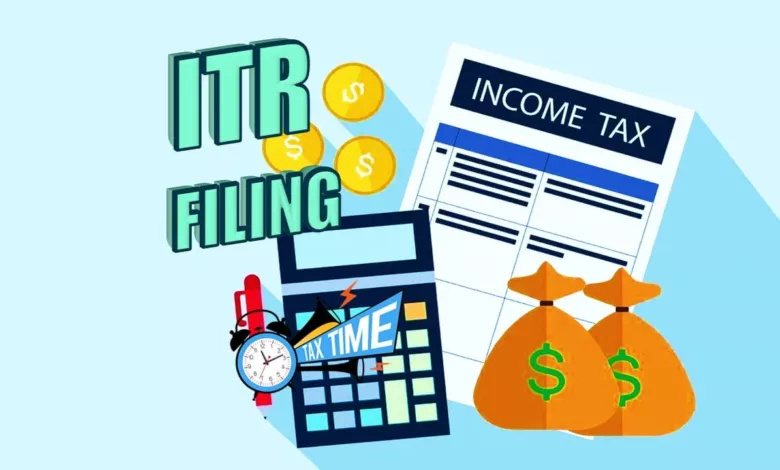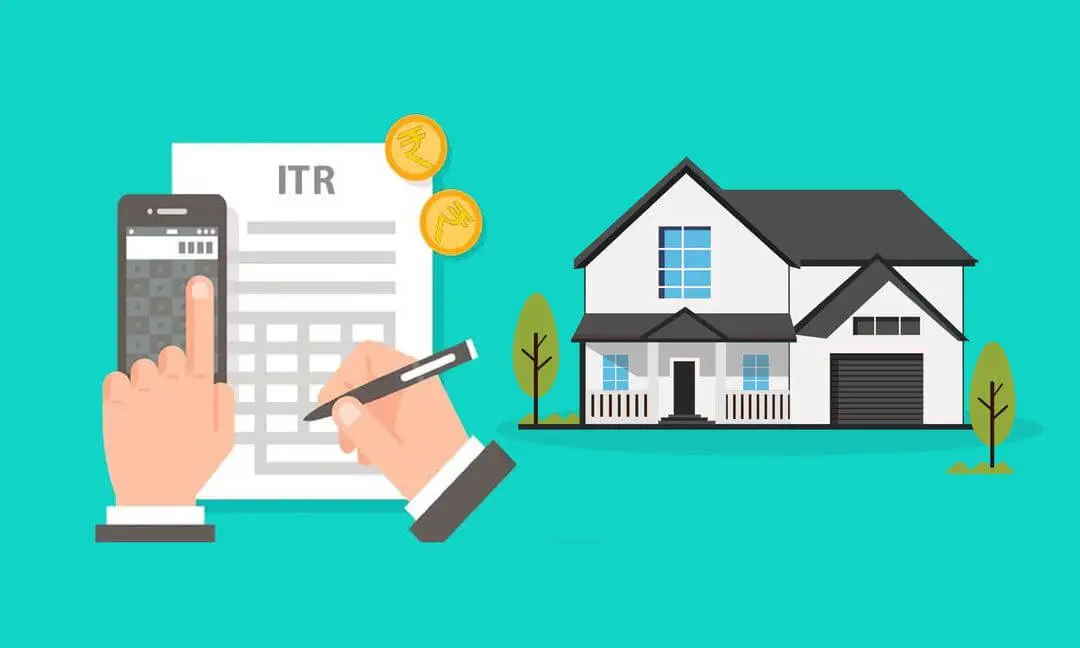What is Debenture
A debenture is one of the longest forms of loans that a company can avail of. In simple words, they are the processes of issuing or lending money to a company. In return, the company promises to return the principal with an interest rate within the specified time.
Debentures are of two types: Convertible and Non-convertible. Are you seeking knowledge regarding the Non- convertible Debentures? If so, then you have come to the right place. Here we will discuss Non-convertible Debentures comprehensively.
What are Non Convertible Debentures (NCD)?
Non-convertible Debentures (NCD) are the constant income instruments for an Investor for a specific time and interest rate. Big companies always issue NCD to raise funds without any conversion to equity. The rate of interest offered in NCD remains fixed.
After maturity, the principal amount will be returned to the investor along with any accrued interest. The ratings given by the credit rating agencies are also important. The reason is that sometimes the NCDs are not supported by collateral but by the creditworthiness of the issuer.
Why is it called ‘Non-convertible’?
Certain debentures can be converted into shares after a certain time. It depends on the discretion of the owner. But this scenario is not possible for NCDs. So, they are named as ‘non-convertible’.
Despite being non-convertible, NCDs offer two things: High interest rates and liquidity. The return rate of NCDs can be high as 12%, which is higher compared to most investment options. As NCDs are listed on the stock exchange, they are easy to withdraw.
Types of Non Convertible Debentures
Let us know about the types of NCDs found in the market. There are two types of NCDs. They are Secured NCDs and Unsecured NCDs.
Secured NCDs:
Secured NCDs are the type of Non-convertible Debentures which are supported by the issuer’s assets. If the company/issuer fails to pay interest, then the investor can claim his/her share through the liquidation of assets.
Unsecured NCDs:
Unsecured NCDs are the type of Non-convertible Debentures which are based on only the creditworthiness of the issuer but not backed by the assets. For this reason, they are riskier than Secured NCDs.
Taxation of Non Convertible Debentures
Whenever the taxation topic comes, two queries arise first. One is whether the NCDs are taxable and the other one is whether NCDs are tax-free. Well, these doubts will be cleared through the following.
Interest Income:
The taxability of interest depends on the way of accounting you follow to understand your income. If you follow the cash format of accounting, then the interest is taxable when the tax is received. In the mercantile method, the interest income on NCD is taxable when the interest is accrued and due.
Short term capital gain:
When you purchase debentures and hold them for less than a year then you can sell them in the secondary market. The profit/loss you make by selling them will be taxed as per the tax slab.
Long term capital gain:
If you hold the debentures for one year or more and one selling you make a profit, then such gains will be considered as long-term capital gain (LTCG). It can be chargeable to tax at 10% without indexation benefit.
How to purchase NCDs?
The issuing company begins the public issue of its NCDs for a fixed period. When the company specifies the deal, NCDs are listed on the stock exchange.
After it enlists in the stock exchange, one can invest in the NCDs through registered brokers or any other medium through which the stock exchange can be accessed.
Things to consider before investing in NCD
Before investing in NCD, you have to know and consider some points that will guide you properly. The things that need to be considered are:
Debt Level:
A thorough check of the financial statements of the issuer is very important before investing in NCDs. While checking the eligibility of investment, factors like asset quality of the company, debt level should be considered too.
Interest Coverage Ratio:
The Interest Coverage Ratio indicates the number of times the interest is covered by the income of the company. This ratio also estimates how efficiently the company can solve its interest obligations. So, a high interest coverage ratio is also essential for investment in NCDs.
Credit Rating:
Credit Rating says about the capability of raising funds internally or externally and its sustainability. Owing to the lack of any option, non-convertible debentures depend on the capability of the issuer.
Provisions for non-performing assets:
You should also keep yourself updated about the company’s regularity in assigning provisions for its non-performing assets. It will be possible if the company can churn enough profits.
Capital Adequacy Ratio:
Capital Adequacy Ratio shows us the amount of the company's capital. It also indicates whether the company has sufficient funds and is capable of sustaining potential losses.
Advantages of Non Convertible Debentures
If you are wondering what benefits are there in investing in NCDs, then here you will understand the advantages of investing in NCDs.
1) Non-convertible Debentures provide a great scope of constant income. There are a few NCDs that offer you to return interest with the principal during maturity. These typically act as Fixed Deposits.
2) NCDs usually offer higher rates of returns compared to bank FDs.
3) Investment in NCDs will give you a diversion in your debt portfolio.
4) NCDs are enlisted in the stock exchange. This indicates that in the case of liquidity, you can sell it in the secondary market.
5) After the maturity of NCDs, the interest amount gets credited to bank accounts directly. So, there is an ease in managing money.
6) If you hold a Demat format at the source, there will be no tax deduction for the NCDs.
Conclusion
To fulfil a certain business purpose, companies mostly gain funds from Non-convertible Debentures. The actual return on NCDs cannot be decided only by the interest rates. Moreover, when compared with fixed income instruments, NCD offers higher returns to the investor.
Apart from that, investment in bonds helps in one's debt investment. But you should make sure that it is a small amount of your fixed-income portfolio. So, here you have got immense knowledge about Non-convertible Debentures. Now it is hopeful that you can make better investment decisions.











